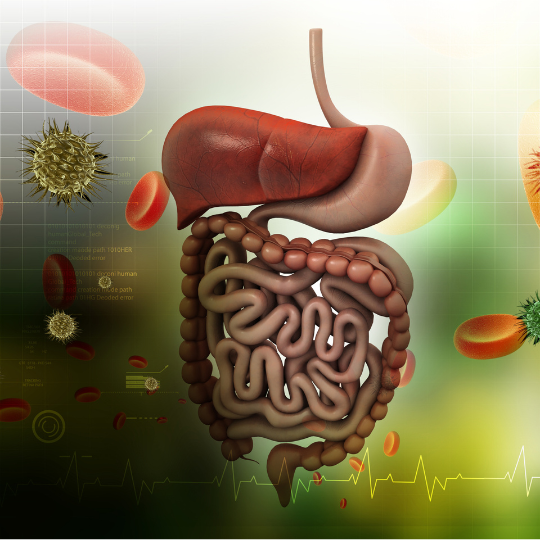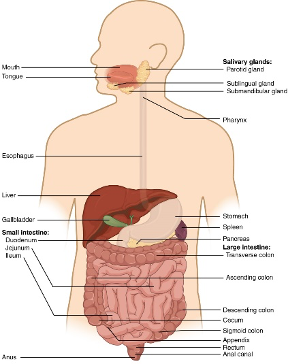Stress Context
The adrenal gland produces a class of hormones known as corticosteroids that are essential to many bodily physiological processes. They share a common pathway, via cholesterol and pregnenolone metabolism, with the infamous sex hormones. So, biochemically speaking, stress (cortisol) does indeed blunt sex hormones, with their diverse set of functions in the body:

Corticosteroids in general have various effects in the body, including:
- Regulating metabolism
- Modulating the immune system
- Regulating blood pressure
- Influencing cognitive function
Depending on the impact they have in the body, there are two main types of corticosteroids: glucocorticoids and mineralocorticoids. Glucocorticoids, such as cortisol, are responsible for regulating the body’s metabolism of carbohydrates, proteins, and fats. They also have anti-inflammatory and immune-suppressing effects. On the other hand, mineralocorticoids, such as aldosterone, regulate electrolyte and water balance in the body.
Main Stress Character
Cortisol is produced in the adrenal gland and released in response to stress. It helps to increase blood sugar levels, thus preparing one for an acute stress response and reduce inflammation. Cortisol levels tend to be highest in the morning and lowest at night, following a natural circadian rhythm. However, chronic stress can disrupt this natural rhythm and lead to elevated cortisol levels, in the second part of the day, a really dysfunctional pattern affecting sleep, mood and ultimately cognition.

The metabolism of corticosteroids is regulated by a protein called corticosteroid-binding globulin (CBG). Similar to SHBG & sex hormones, CBG binds to cortisol in the bloodstream, making it unavailable to target cells. Alternatively, when the body’s tissues need cortisol, CBG releases the hormone to bind to receptors on target cells. And as with everything else, a homeostatic cortisol balance is needed: excess cortisol can have negative effects on the body, including weight gain, insulin resistance, and suppression of the immune system. On the other hand, low cortisol levels can result in fatigue, muscle weakness, and low blood pressure. So fine-tuning your CBG and cortisol is key.
In our genetic and metabolic optimization framework, we look at genes involved in the synthesis of cortisol, such as CYP21A2, as well as histamine related genes, such as MAO-A, ABP1 or HNMT, or stress enhancing genes that may stimulate cholesterol production, such as SUOX. Additionally, we suggest in specific cases elaborate hormone testing, such as the Dutch Hormone Test, for additional insights into daily stress hormone related patterns.

There are several ways to address genetic predispositions that affect corticosteroid levels:
- top-down behavioral stress management techniques, such as mindfulness meditation and yoga
- bottom-up nutritional intervention by consuming certain food high in omega-3 fatty acids or vitamin C
- bottom-up supplementation with the likes of phosphatidylserine or ashwagandha.
But remember: a customized approach needs to be considered depending on exact genetic predispositions!










